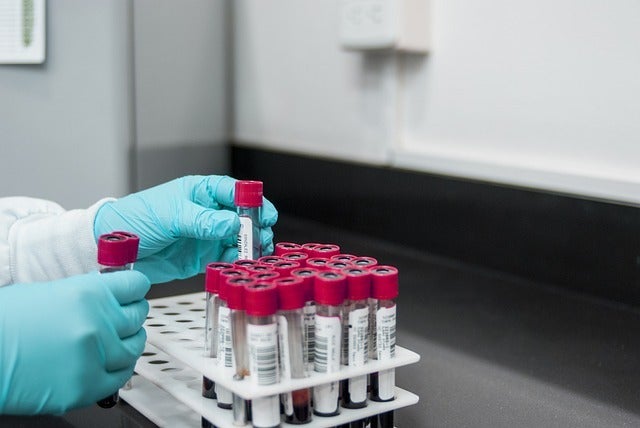
Savara has launched a new serum-based blood test dubbed aPAP ClearPath for use by doctors in the US for the diagnosis of autoimmune pulmonary alveolar proteinosis (aPAP).
aPAP is a rare autoimmune lung disease characterised by autoantibodies that target GM-CSF. It constitutes approximately 90% of all PAP cases and its diagnosed prevalence is estimated at seven cases per million in the US, with similar or higher prevalence reported in other parts of the world.
The aPAP ClearPath test, as per Savara, is a quantitative immunoassay with high sensitivity and specificity. It is designed to detect aPAP GM-CSF autoantibodies in human serum.
Savara is a clinical-stage biopharmaceutical company specializing in rare respiratory diseases. It has partnered with Trillium Health to develop the noninvasive test for aPAP.
Savara chair and CEO Matt Pauls said: “Our strong operational focus continues as we deliver on our goal of introducing a laboratory-based GM-CSF autoantibody blood test in the U.S. by the end of the year.
“Our commitment to the patient community is underscored by the introduction of this simple, no-cost blood test that U.S. physicians can use to confirm or rule out aPAP.
“With a few thousand diagnosed patients in the U.S., we suspect the true prevalence of aPAP may be underestimated and, similar to other rare diseases, the introduction of a diagnostic could help decrease the time to diagnosis and increase diagnosed prevalence.”
Savara said that it has also launched a complementary disease awareness initiative to enhance comprehension of aPAP, emphasise the distinctive signs and symptoms of the disease, and inform physicians about the importance of early testing.
University of Florida pulmonary and critical care medicine division associate professor Ali Ataya said: “Education and widespread blood testing for aPAP is a critical step in shortening the time to diagnosis for patients with aPAP, helping to avoid misdiagnoses and more costly and invasive diagnostic procedures.
“I congratulate Savara for making this simple test broadly available for physicians in the U.S.”





